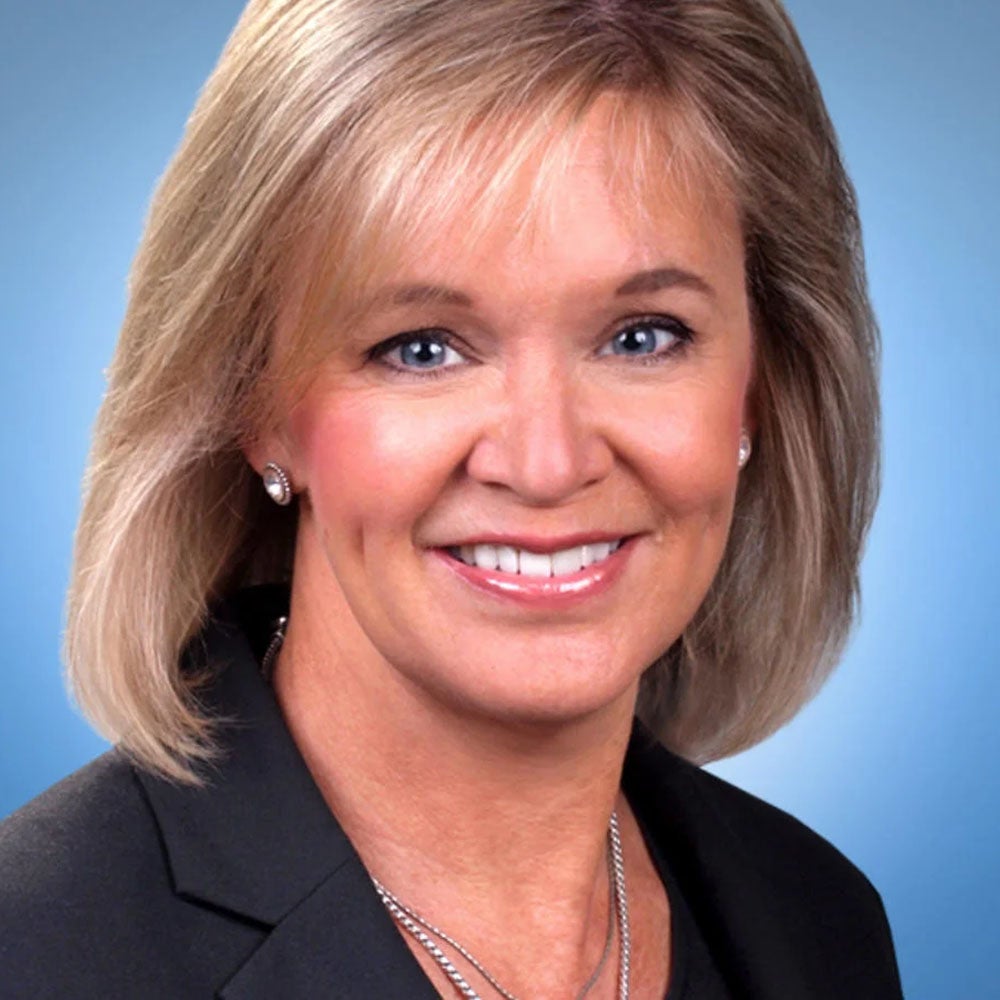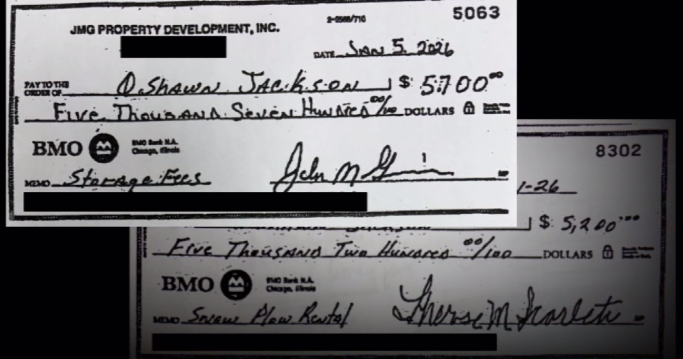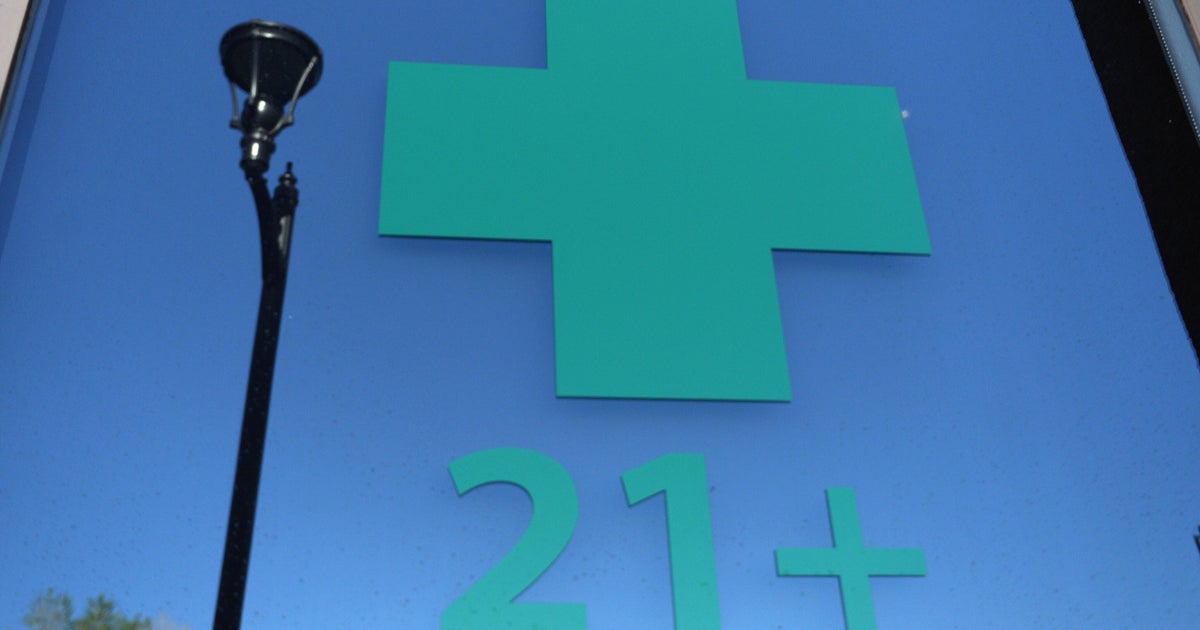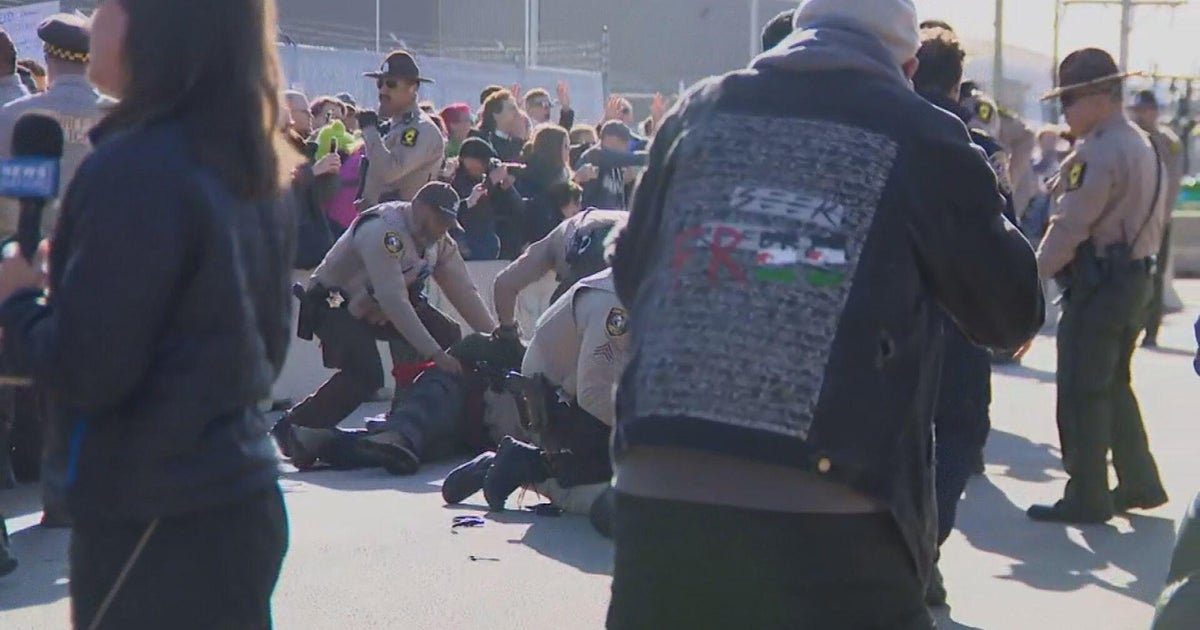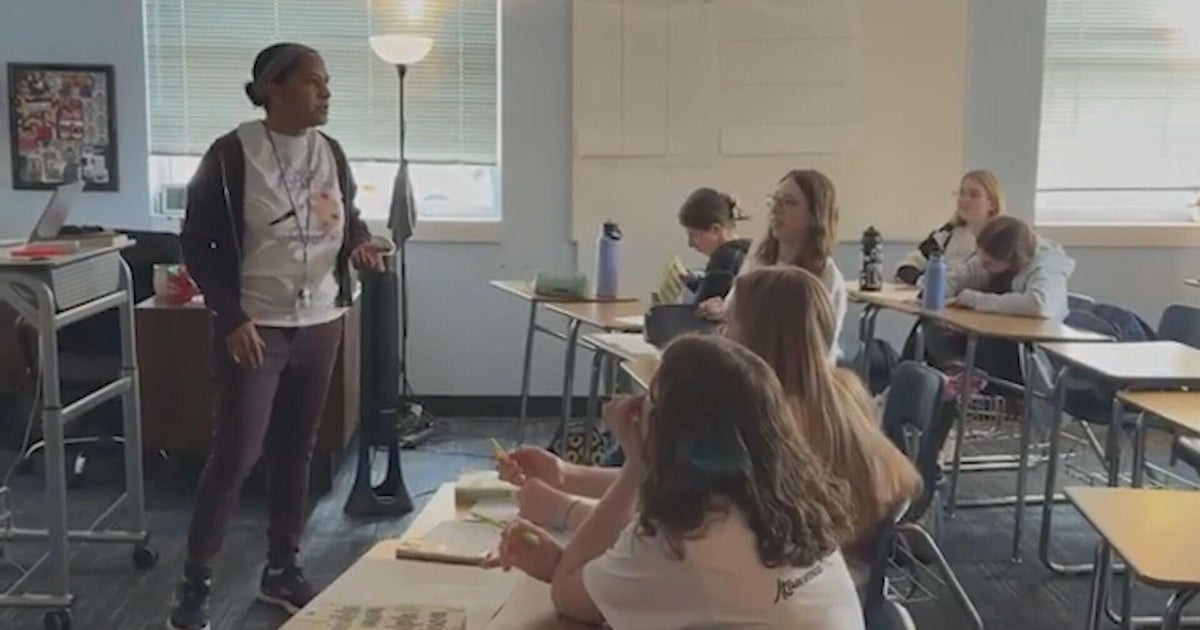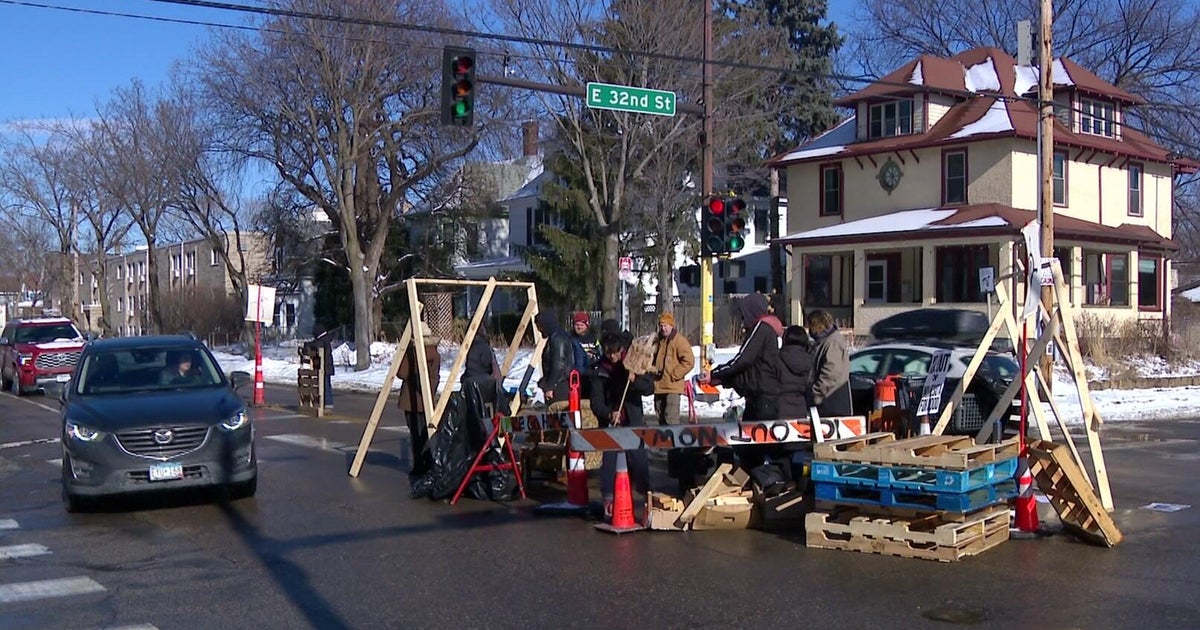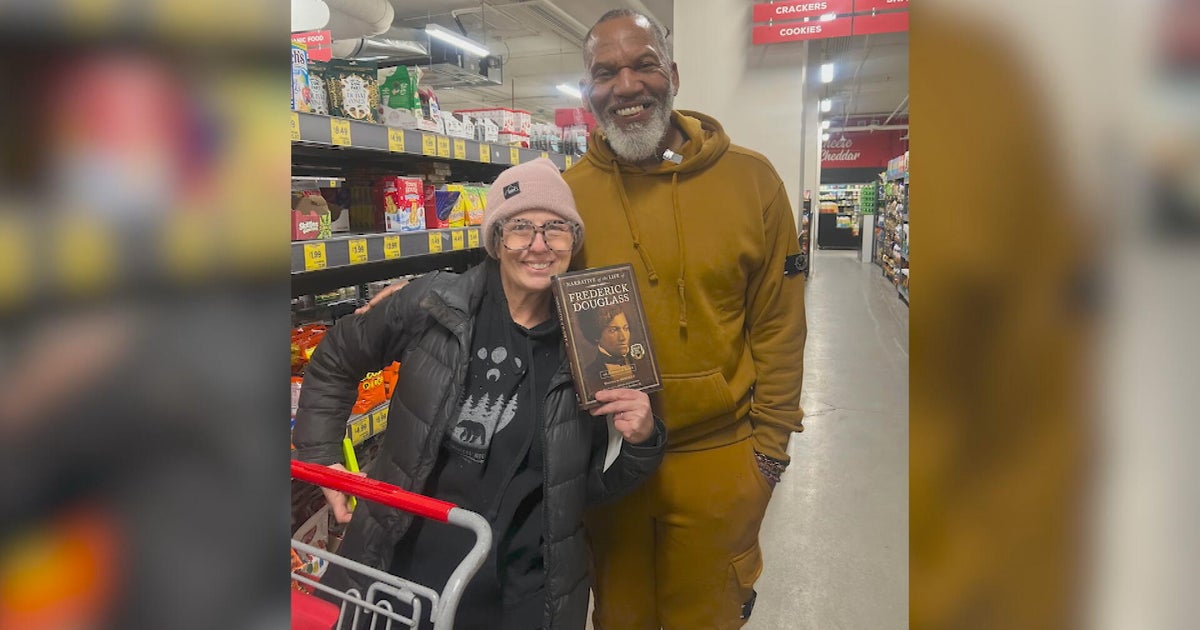New statewide bag fee has unintended consequence: "when an idea meets implementation, there can be a bit of a conflict"
Less than a month after a statewide bag fee kicked in, convenience store owners say there's a problem.
The goal of the law was to reduce plastic pollution while giving local governments money for environmental programs but it's had an unintended consequence.
While the law says retailers have to send 60% of the money they collect to local governments, it doesn't say what they should do if local governments don't want the money.
State lawmakers left enforcement of the law up to local governments and made it optional.
"There's 64 counties, 267 some odd cities and very few of them outside the major Denver metro area has set-up processes for us to remit that fee back to local governments," says Grier Bailey with the Colorado Wyoming Petroleum Association, which includes 2,200 convenience stores around the state.
He says the way the law is written, retailers were required to start charging 10 cents per bag this month and hold on to the money for more than a year while local governments figure out whether they want to enforce the law and collect their share of the money or not. They have until next April to make a decision.
In the meantime, Bailey says the money sits on retailers' books, accruing interest and subject to taxes, "which then not only, I think, jeopardizes the idea of what this is, but also then we're going to start paying taxes on a fee that's supposed to be for environmental purpose."
State Rep. Alex Valdez is one of the prime sponsors of the new law.
"However we fix this, we will fix it and we will fix it to do what's best for those small merchants because we want to help them out," he said.
Valdez said he can't imagine why local governments wouldn't want the money.
"We saw it as a great problem for local governments to have. You have a new stream of income coming in, it's dedicated to helping you set up a process to clean up the environment of your communities," he said.
But some local governments don't want the responsibility of enforcing the fee or creating a collection system.
Bailey says he respects the intent of the law but, "sometimes when an idea meets implementation, there can be a bit of a conflict."
Prior to the new law, only 20 local governments collected bag fees. The Colorado Municipal League doesn't know how many are enforcing the new fee. It's also unclear what happens to all the money retailers are collecting if a local government decides next year not to enforce the fee.
Valdez is looking into possibly creating a state enterprise to hold the money.
